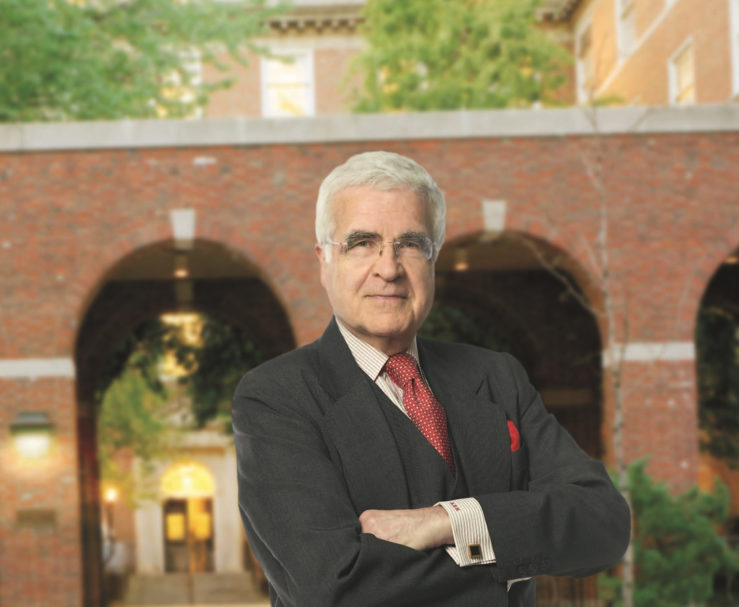Justice Ruth Bader Ginsburg has served on the bench for nearly forty years. She was appointed to the U.S. Supreme Court in 1993 after serving on the U.S. Court of Appeals District of Columbia Circuit. Prior to that, she was a professor of law at both Rutgers Law School and Columbia Law School teaching civil …
Filtered by tag:
Arthur Miller
Justice Ruth Bader Ginsburg Discussion, part 1 – Special Podcast Series: Wright & Miller’s Federal Practice & Procedure Marks 50 Years of Publication, episode 4
The law and the courts have undergone many changes over the years. Justice Ruth Bader Ginsburg discusses what she believes is “the most heartening change” in the legal profession. Episode 4 of our special podcast series marking the 50th anniversary of the first publication of Wright & Miller’s Federal Practice & Procedure is a discussion …
- October 8, 2019
- Leonard Lee
Upcoming Interview of Justice Ruth Bader Ginsburg with Prof. Arthur Miller
As we continue our special series of podcasts on the 50th anniversary of the first publication of Wright & Miller’s Federal Practice & Procedure, we’re pleased to announce that our upcoming episodes will feature a discussion between Professor Arthur Miller, one of the treatise’s founding authors, and Ruth Bader Ginsburg, associate justice of the United …
- September 23, 2019
- Leonard Lee
Special Podcast Series: Wright & Miller’s Federal Practice & Procedure Marks 50 Years of Publication – episode 3: The Evolution & Future of Personal Jurisdiction & Pleadings
The cases Bell Atlantic Corp. v. Twombly and Ashcroft v. Iqbal still reverberate through the Federal court system for placing new standards on specificity and “plausibility” in pleadings. Similarly, cases such as World-Wide Volkswagen Corp. v. Woodson are still much discussed and debated for their impact on personal jurisdiction. Episode 3 of our special podcast …
- September 12, 2019
- Leonard Lee
FindLaw survey: Law Day and constitutional rights
Today is Law Day in the US, so FindLaw wanted to look at Americans’ feelings on the basis for their legal rights: the U.S. Constitution and the Bill of Rights. FindLaw asked 1,000 Americans what constitutional right they consider to be most important. The results were somewhat surprising: Freedom of speech: 30% Due process rights: 20% …
- May 1, 2015
- Susan Martin




